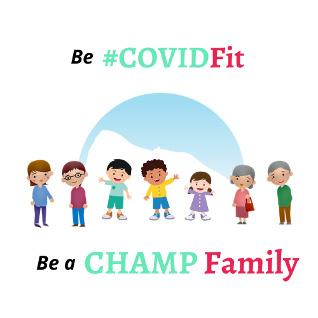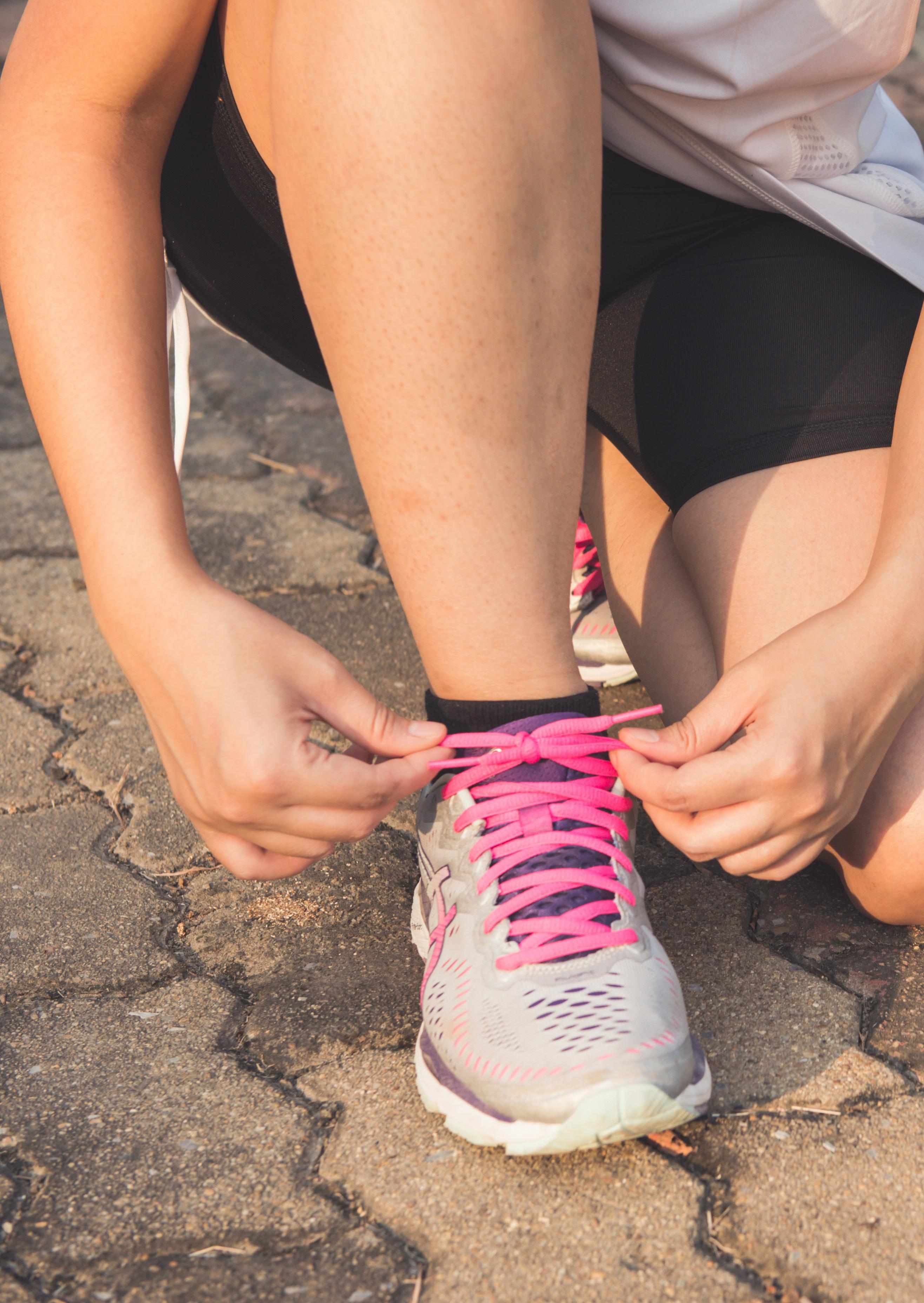
5 minute read
Beach Dos and Don'ts
Beach
Nivea Shine Control SPF 50 50ml DOS AND DON'TS - £8 Summer is here, but will trips to the beach be the Effective doesn’t necessarily same in the age of coronavirus? Without wishing to equal expensive. This anti-shine formulation by Nivea will only set you back £8. Its non-greasy, does be a killjoy, here are some hints and tips about how to enjoy the sun, sea, and sand. not leave a white residue and can even be worn under makeup. It’s no surprise it BY JO WARD
As beaches are opening up in and around Gibraltar and people start to re-engage with the ‘new normal’, how can you make sure that you enjoy the beach, and all it has to offer, safely? It’s true that being outdoors provides more air circulation, which makes it easier for coronavirus particles to diffuse, but it still makes sense to practice social distancing, even on the beach.
There is no doubt that it can be difficult to stay away from other beachgoers, but changes have to take place and spreading out deckchairs, towels and sun umbrellas several metres apart is a definite must. Some European beaches will have already installed roped off grids containing loungers or booking systems with time limits for morning or afternoon slots, but if you just take your chance and find the beach too crowded when you arrive, why not wait until another day?
Before you leave home and head off, use some disinfectant wipes to clean your chairs and even the kids’ beach toys. Taking a ball may not be a good idea given that after being on the ground it could bounce against someone else, or the kids may bring it near to their face without meaning to. Masks, although not compulsory in open spaces here, may give you an added sense of security but be mindful that they don’t offer immunity from coronavirus and if you do wear one, make sure that you choose a material that’s breathable. As long as you are keeping your distance then masks are not necessary, but try to keep it clean and dry and don’t let it get wet or dirty. Keep your masks away from sunscreen too. Be careful when taking your mask on and off and try not to push it down around your neck or up onto your forehead which could make it easy for potentially contaminated surfaces to come into contact with your eyes, nose, and mouth.
If you want to paddle at the water’s edge or go into the sea, remember that people spread coronavirus, not water, so don't swim too close to other people where there is a likelihood of coming in contact with their breath. Also, don't wear a mask in the water, it's just not practical and a wet mask can be dangerous if it obstructs your breathing.
Practicing good hygiene is a must do. Try not to blow your nose, or spit in the sand or water near another person. If you can, use a tissue to cough or sneeze, then wash your hands. It does no harm to go well stocked up with hand sanitizer and to try and avoiding touching things or surfaces unnecessarily. If you do venture to the public toilet, obviously wash your hands - 20 seconds, with soap and water - and then apply hand sanitiser afterward.
Using sunscreen regularly is still as important as ever but make sure that common sense prevails and either apply it yourself or designate one member of your isolation squad to do it for you on those hard to reach places.
One of the joys of spending the day at the beach is eating al fresco; taking a picnic or having a barbecue is great, but please don’t share food, cutlery, plates or drinks. It’s not the food that is a risk, but touching shared dishes or utensils could be.
The worry is that when we get to the beach we forget about COVID-19 and immerse ourselves in having fun and socialising. Going to the beach and being in the open air is good for our physical and mental health, but do remember to continue to take precautions.
CovidFit EXERCISE CAMPAIGN
During this COVID-19 pandemic, many of us have been restricted in our movements, making it difficult to maintain the same level of physical activity. The GHA physiotherapy and occupational therapy teams have lent their expertise to the latest CovidFit topic:
Be CovidFit - Be a CHAMP Family
The aim is to address various concerns across the age spectrum focusing on physical activity recommendations and safety. Drawing on principles of the CHAMP initiative, the campaign encourages participation from all family members.
Physical Activity

Physical activity includes all forms of movement; it does not necessarily mean exercise or participating in a sport. In order to maintain a healthy body, we all require regular activity. For adults, we should aim for 30 minutes of vigorous activity a day - where you feel slightly out of breath but still able to hold a conversation. For children, the recommendation increases to 1 hour.
It is best to find activities that you enjoy, you can complete these individually or as a family unit. Taking part with other people often helps to maintain motivation. Grandparents can exercise with grandchildren over WhatsApp/Facetime to make activities more interactive and fun.
Safety
In order to exercise safely you will need to:
Warm up and cool down the body around exercise. Stretching after your warm up helps to reduce muscle injuries, improves athletic performance; increase flexibility, and improve blood flow to muscles.
Eliminate any trip hazards such as unsuitable footwear, long/trailing clothes, and remove rugs, mats, or clutter. Drink plenty of water during exercise, remembering that if you feel thirsty your body is already dehydrated!
Avoid exercising if you have a fever, cough, difficulty breathing or any other COVID-19 symptoms; rest, call 111, and follow the health care advice.
See more on www.covidfit.gi.











